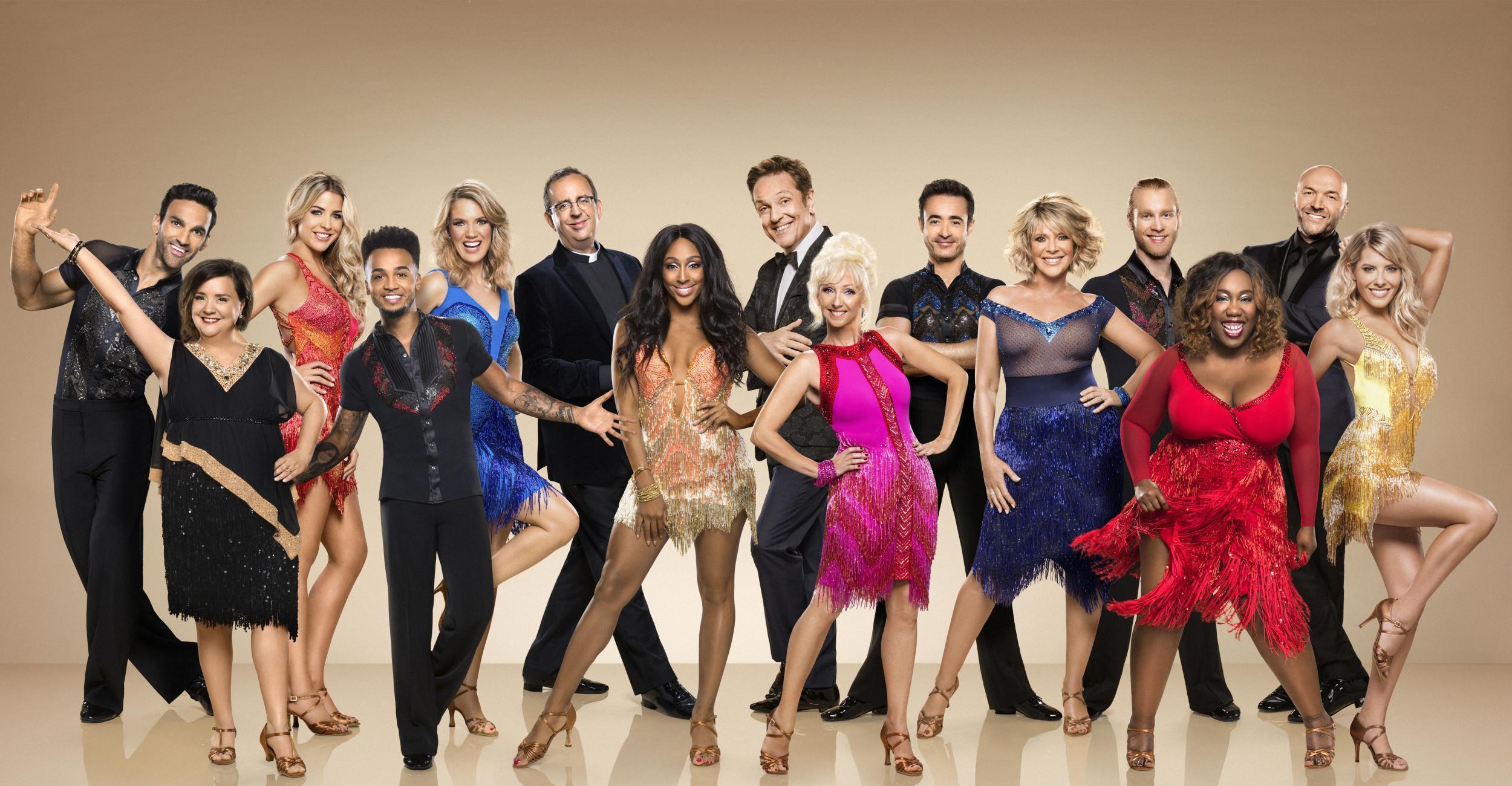I'm appalled that the BBC can't understand why having same-sex couples on 'Strictly' is so important to the LGBTQ community
Surely the BBC should be focusing more on promoting values of progressive inclusivity, rather than ‘traditional’ (read: conservative, heteronormative) ones

Your support helps us to tell the story
From reproductive rights to climate change to Big Tech, The Independent is on the ground when the story is developing. Whether it's investigating the financials of Elon Musk's pro-Trump PAC or producing our latest documentary, 'The A Word', which shines a light on the American women fighting for reproductive rights, we know how important it is to parse out the facts from the messaging.
At such a critical moment in US history, we need reporters on the ground. Your donation allows us to keep sending journalists to speak to both sides of the story.
The Independent is trusted by Americans across the entire political spectrum. And unlike many other quality news outlets, we choose not to lock Americans out of our reporting and analysis with paywalls. We believe quality journalism should be available to everyone, paid for by those who can afford it.
Your support makes all the difference.This week, the Radio Times posted a poll asking whether the BBC’s Strictly Come Dancing should move towards featuring “same-sex couples” (their punctuation, not mine).
Earlier this week, the “no” side was winning. At the time of writing this, however, “yes” is in the lead – but it’s close: only 52.94 per cent for yes to ‘same-sex’ couples.
The furore around “same-sex couples” featuring on Strictly Come Dancing, a staple of the BBC in which pairs of celebrities and professional dancers compete, is not a new one. But it’s been refreshed, partly due to the appearance of Susan Calman, an openly lesbian comedian, on this year’s Strictly.
Calman has been, as tradition and structure dictates, paired with a male dancer. In fact, in the show’s 15-series history, not once has a “same-sex” couple appeared, despite a number of queer dancers featuring.
The BBC has stated that they wish to keep a “traditional format” to the dancing. Which would be fine, if this format really were traditional – but it’s not. The dance world tends to be female-heavy, meaning that women dancing with women is often both the only solution and the norm.
Also, many professional male dancers tend not to identify as heterosexual – perhaps because society’s obsession with promoting ridiculous standards of masculinity discourages straight men and boys from entering a profession traditionally considered “feminine”.
Regardless, surely the BBC should be focusing more on promoting values of progressive inclusivity, rather than “traditional” (read: conservative) ones.
Earlier this week, Ann Widdecombe, former Tory MP and a previous contestant on the show, wrote that the BBC would be “wise” to stick to its no same-sex couples policy. She argued that “this is a family show with generations watching together, and most families will not switch on if they think the programme has become unsuitable for the youngest viewers”. She said it would be too problematic for parents to have to explain same-sex couples to their children.
Speaking as someone who as a child was fan of the show, I can say that I never once cared about who was dancing with whom: I was much more interested in the pretty dresses, and what song had been chosen for what dance.
More importantly, speaking as the older sibling of a 10-year-old, I can attest to the fact that most children couldn’t care less about what gender the members of an adult couple may or may not identify as. When my little sister found out that my ex and I were “girlfriends”, she had nothing to say other than “ew” – exactly the same response she has whenever she sees my mum and dad kiss.
Even if young viewers are curious about why two people of the same sex are dancing together, the answer is very straightforward: “That person is a girl, and she is dancing with a girl because that’s her choice.”
How better to empower children than to let them know that their choices are valid and listened to?
The BBC may think that there’s little point in mixing up one of their most popular shows. As Widdecombe essentially argues, the formula seems to work, so why take the risk?
In the show’s 15-series history, there have been remarkably few LGBT contestants, and no out trans contestants. It’s not surprising that a show so brazenly heteronormative would not be a welcoming place for people who identify as queer. If the BBC really wants to support such a regressive and exclusive ideology, that’s certainly something to be concerned about.
Moreover, the idea that making a minor change to the format in order to include a cross-section of society will make viewers stop watching seems far-fetched. The Great British Bake Off changed channel, timings and three out of four judges, yet is still breaking major views; surely allowing the odd Strictly contestant to dance with someone of the same gender isn’t going to substantially affect audience figures. Those more interested in the genitalia of the contestants than in their dancing might be more suited to watching Channel 4’s Naked Attraction, anyway.
For the rest of us, who like the costumes and the music (and the footwork, for the more cultured), who’s dancing with who really isn’t going to make a difference. And, to those people who argue that it isn’t a big deal and they don’t know what the fuss is about: cool. That’s fine. If it isn’t a big deal, then it won’t matter if it changes.
There’s no shortage of media representation of straight, cisgendered people, so maybe they can take our word for it when we tell them this matters to the queer community.
Join our commenting forum
Join thought-provoking conversations, follow other Independent readers and see their replies
Comments